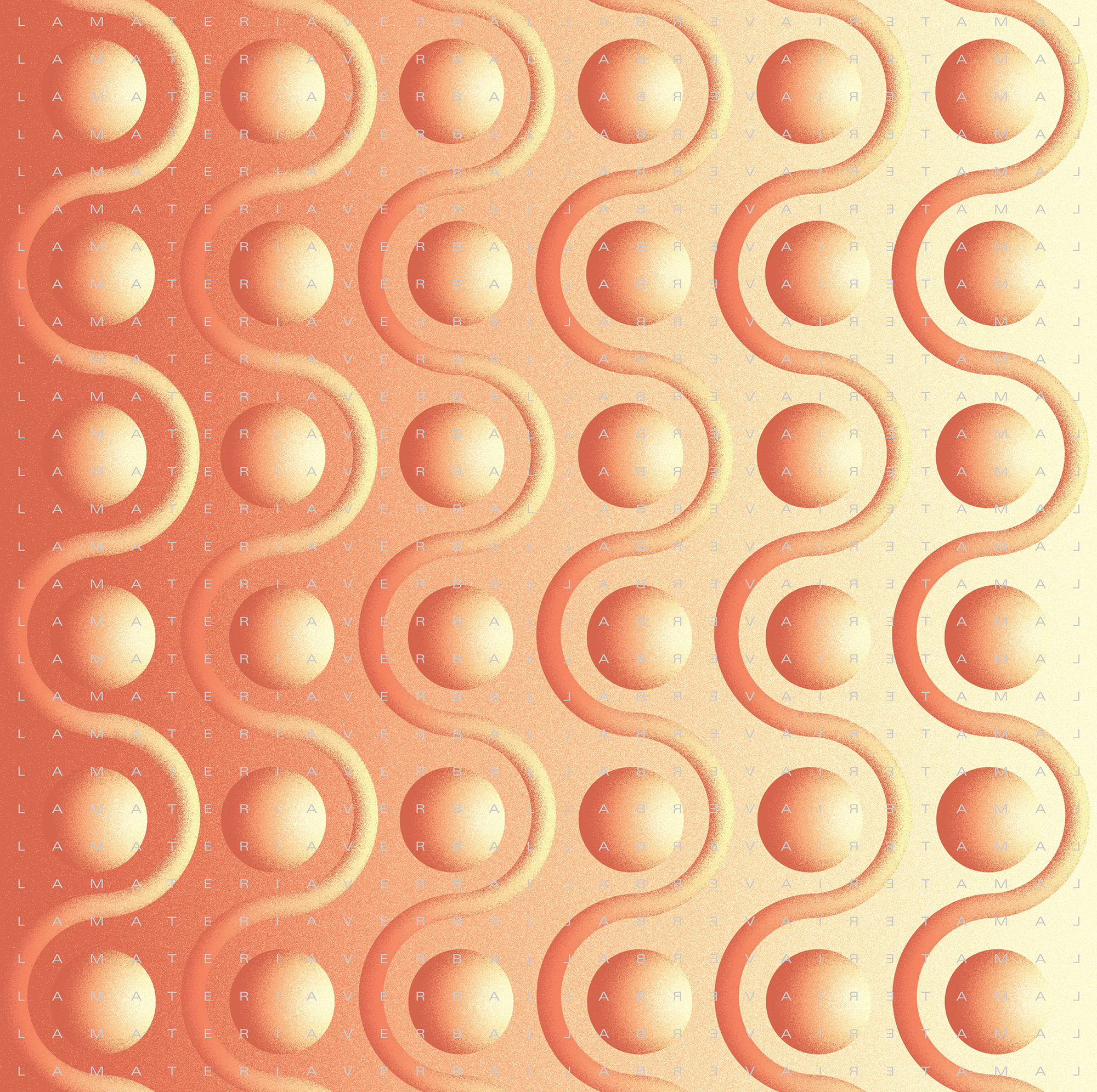Buh Records bringen in den nächsten Tagen eine umfangreiche Compilation peruanischer Sound Poetry heraus, die sowohl klassische als auch aktuelle Exponenten des Landes zu Wort kommen lässt – im Zentrum der Arbeiten steht die menschliche Stimme als lyrisch-poetisches Medium im Zusammenhang mit diversen techniken des Aufnehmens, Verfremdens und Aplifizierens. Die Anthologie mit dem Titel “La Materia Verbal” knüpft an frühere, thematisch ähnliche Veröffentlichungen des Hauses an wie z.B. die CDs “Inventar la voz: Nuevas tradiciones orales” (2009) und “Irse de lengua” (2011), die beide Lyrik im Zusammenhang mit Technologie und experimenteller Musik versammelten. Die neue Anthologie wurde von Luis Alvarado kuratiert, der ebenfalls mit einem track vertreten ist und entstand in Zusammenarbeit mit dem Centro del Sonido in Lima, einer Webseite, die als digitales Archiv für Soundart und experimentelle Musik in Peru fungiert. Sie wurde vom Economic Stimuli-Programm des Peruanischen Kulturministeriums gefördert und erscheint als LP und zum Download. 
What we know as sound poetry is the product of a technological revolution associated with the appearance of various means of recording, transmission and amplification of the voice. A long process that took shape in the 20th century, until it became a discipline, articulated as an international movement which, based on phonetic research, expanded into a universe of oral/vocal artistic practices as part of a new technological context. The recordings gathered here comprise a time frame that goes from 1972 to 2021. We find poems that work with montage techniques, either because they explore simultaneity or juxtaposition, such as those by Mario Montalbetti, Frido Martín, Florentino Díaz, Carlos Estela, Luisa Fernanda Lindo, Macri Cáceres, Rodrigo Vera Cubas, Tilsa Otta, Giancarlo Huapaya/Omar Córdova, Virginia Benavides, Lisa Carrasco and Luis Alvarado. Others emphasize vocal/oral performance: we find the phonetic poems of Carlos Germán Belli and Eduardo Chirinos, as well as the concrete conceptual poems of Michael Prado, Sandra Suazo, Peru Saizprez, and the oral/guttural poem of Omar Aramayo. Finally, we find another group of pieces where the poem starts with the creation of a computational parameter or algorithm, as is the case with the pieces by Jorge Eduardo Eielson and Enrique Verástegui, eventually reaching the use of Artificial Intelligence as in the poems by Francisco Mariotti and Paola Torres Núñez del Prado.” (Buh Records)
